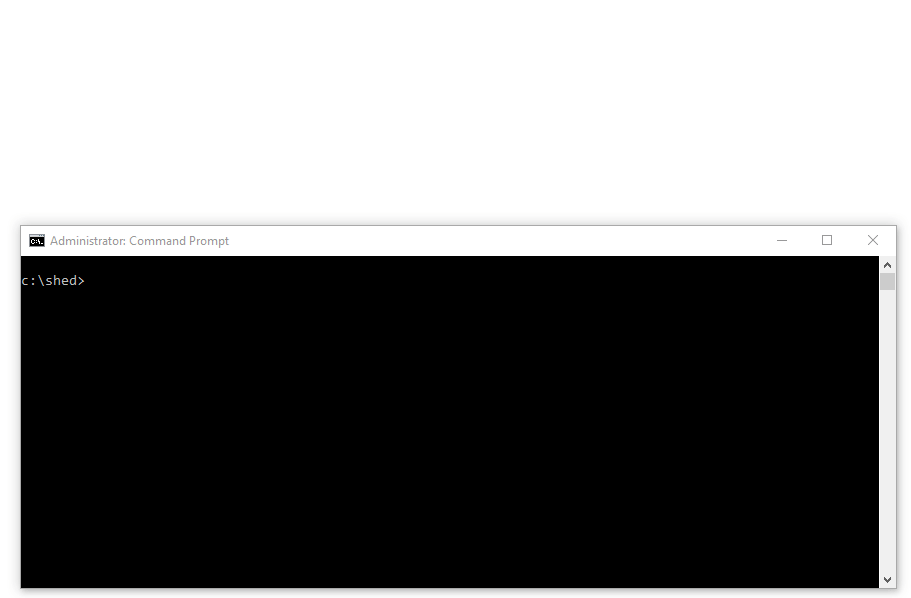enkomio / Shed
Programming Languages
Projects that are alternatives of or similar to Shed
Shed - .NET runtime inspector
Shed is an application that allow to inspect the .NET runtime of a program in order to extract useful information. It can be used to inspect malicious applications in order to have a first general overview of which information are stored once that the malware is executed.
Shed is able to:
- Inject a .NET Assembly in a remote process (both managed and un-managed)
- Extract all objects stored in the managed heap
- Print strings stored in memory
- Save the snapshot of the heap in a JSON format for post-processing
- Dump all modules that are loaded in memory
Download
Using Shed
Shed is a command line tool. To display all available options run:
shed.exe --help
Inspecting an already running application
In order to inspect an already running process you have to pass the pid to Shed. Example:
Shed.exe --pid 2356
Inspecting a binary
In order to inspect a binary, Shed needs to execute it and to attach to it in order to inspect the runtime. Example:
Shed.exe --exe malware.exe
You can also specify the amount of time (in milliseconds) to wait before to suspend the process. This will allow the program to have the time to initialize its properties. Example:
Shed.exe --timeout 2000 --exe malware.exe
Injecting an Assembly in a remote process
With Shed is possible to inject a .NET Assembly in a remote process thanks to the ManagedInjector Library. In order to do so, it is necessary to specify the pid of the process and the exe to inject. Once that the Assembly is injected is possible to activate it by invoking a specific method. The rules to identify the method are inherithed by the ManagedInjector project and are the following:
- You must specify the full method name to invoke (eg. this.is.my.namespace.class.method)
- You can inject an executable that defines an EntryPoint method to execute (like a Console project)
- You can define a method with the following signatue: <public|private> static void Inject()
For example, to inject the Assembly InjectedAssembly into the process with pid 1234, you have the run Shed with the following command:
shed.exe --pid 1234 --exe InjectedAssembly.dll --inject
With the --method option you can specify a method, from InjectedAssembly.exe to invoke.
Find below an example of execution:

Dumping options
By default Shed dump both the heap and the modules. If you want only one of that specify the --dump-heap option to dump only the objects in the heap or the --dump-modules to dump only the modules.
Dumping the heap can produce a lot of information which are not strictly useful for the analysis. You can filter it by using two files:
blacklist.txt this file contains the type names prefix that must not be logged
whitelist.txt this file contains the type names prefix that must be logged even if blacklisted
For example, if you want to filter all the System.IO namespace but you are interested in logging System.IO.MemoryStream, you can add the first value to blacklist.txt and the second one to whitelist.txt.
Examples
In the Examples folder you will find three different projects that you can use in order to test Shed. Example:
Shed.exe --exe ..\Examples\ConfigurationSample\ConfigurationSample.exe
When the analysis is completed, Shed will print where you can find the result, as shown below:
[+] Result saved to C:\Shed\Result\7800
Build Shed
If you have installed Visual Studio, just run the build.bat batch file, it will create a zip file inside the build folder.
License information
Copyright (C) 2017 Antonio Parata - @s4tan
License: GNU General Public License, version 2 or later; see LICENSE included in this archive for details.


